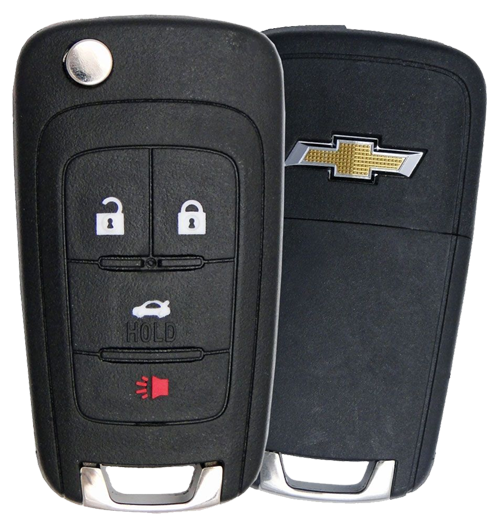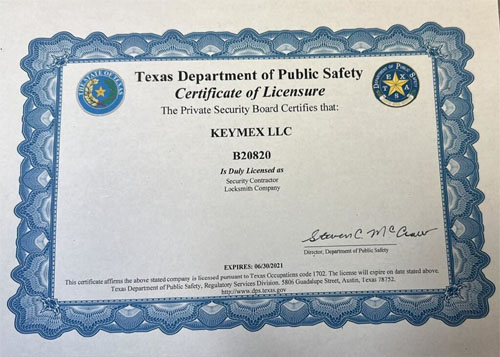Navigating Chevrolet Key Replacement: What You Need to Know
In the hustle and bustle of daily life, losing or damaging your car keys is an inconvenience we’d all rather avoid. However, it’s a common occurrence that many of us have experienced at least once. When it comes to Chevrolet vehicles, key replacement can seem like a daunting task. But fear not, for in this blog post, we’ll delve into everything you need to know about Chevrolet key replacement, guiding you through the process step by step.
Understanding Chevrolet Key Types
Chevrolet vehicles come equipped with various key types, each with its own replacement procedure. Here’s a brief overview:
- Traditional Keys: These are the standard keys that require physical insertion into the ignition cylinder to start the vehicle. They may or may not have built-in remote functions for locking and unlocking the doors.
- Key Fobs: Key fobs, also known as remote keyless entry (RKE) devices, offer remote control functionality for locking and unlocking doors, as well as other features like remote start. They typically have buttons for these functions and may or may not include a traditional metal key for ignition.
- Keyless Entry and Ignition Systems: Some Chevrolet models feature keyless entry and ignition systems, allowing you to start the vehicle with the push of a button as long as the key fob is within range.


Steps for Chevrolet Key Replacement
- Determine Key Type: Identify the type of key you need to replace. This will dictate the appropriate replacement process.
- Locate Key Information: Gather key information such as the vehicle identification number (VIN), make, model, and year of your Chevrolet. This information may be required when ordering a replacement key.
- Contact a Chevrolet Dealership: Get in touch with your nearest Chevrolet dealership’s service department. They will assist you in ordering a replacement key or key fob. Be prepared to provide the necessary information mentioned earlier.
- Proof of Ownership: Dealerships may require proof of ownership to ensure that you are the rightful owner of the vehicle. This can typically be provided with your driver’s license and vehicle registration.
- Programming the Replacement Key: Once you receive the replacement key or key fob, it may need to be programmed to your vehicle. This step is crucial for ensuring that the new key functions properly with your Chevrolet’s security system. Programming methods vary depending on the vehicle model and key type.
- Testing: After programming, test the replacement key to ensure that it works as intended. Verify that it can lock and unlock the doors, and if applicable, start the vehicle.
Alternatives to Dealership Replacement
While dealerships are a reliable option for Chevrolet key replacement, they may not always be the most convenient or cost-effective choice. Here are a few alternatives to consider:
- Locksmith Services: Many professional locksmiths offer key replacement services, including programming for keyless entry systems. They may be able to provide faster service and possibly at a lower cost compared to dealerships.
- Online Replacement Services: There are online platforms where you can order replacement keys and key fobs for your Chevrolet. These services often require you to provide your vehicle’s information and may offer programming instructions for self-programming at home.
Conclusion
Losing or damaging your Chevrolet keys can be a hassle, but with the right knowledge and resources, the replacement process can be manageable. Whether you opt for dealership assistance, locksmith services, or online replacement, be sure to follow the necessary steps and precautions to ensure a smooth transition to your new key. By understanding the key types and replacement procedures, you can navigate Chevrolet key replacement with confidence. Stay informed, stay prepared, and keep cruising with peace of mind.

